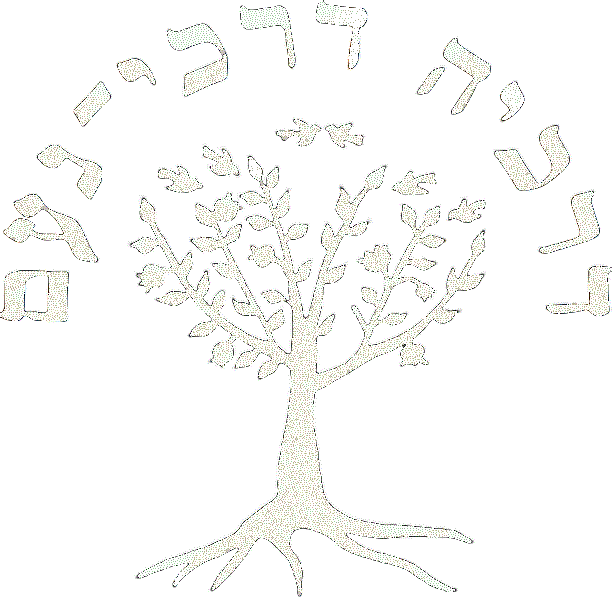We are deep into Sefer D’varim, the “Book of Words.” The Hebrew word davar, in addition to “word,” can also signify a thing, an object, an action. Children in this country are taught that, while sticks and stones might break their bones, words can never hurt them. However, the Hebrew view is that an uttered word can, in fact, have very tangible consequences. We see this from the very beginning of the Torah, when HaShem forms the world with speech. He says, yehi or–let there be light–and there is light.
I was reminded of speech’s potential to go beyond mere words a little over a week ago, when I saw the new British king’s first address to his people. In recounting the new titles conferred upon his son, William, Charles III uttered this sentence:
Today, I am proud to create him Prince of Wales, Tywysog Cymru, the country whose title I have been so greatly privileged to bear during so much of my life and duty.
Momentarily puzzled, I quickly realized that the new King, after saying “Prince of Wales” in English, had repeated the phrase in Welsh. Some might have viewed this as a small gesture of politeness towards the people of Wales, but I suspected those two words, those two d’varim, Tywysog Cymru (“tuh-WOOH-sog KUHM-ree”), weren’t just words, and were used intentionally. I spoke with someone in London who seconded this view. In the United Kingdom, many residents of Wales, Scotland, and Northern Ireland view England and the monarchy with skepticism. In a kingdom whose citizens include native speakers of Welsh, Scots, Irish Gaelic, Cornish, and other tongues in addition to English, the sovereign’s intentional inclusion of a minority language in his inaugural address stood out, though the effect of his words remains to be seen. Will the Welsh become more positively inclined towards England and the sovereign, thus strengthening national cohesion? How might other linguistic minorities react? Will the nation grow more unified, or might increased emphasis on different languages promote increased factionalization? And, considering that what happens in Britain has a ripple effect on the rest of the Commonwealth and the English-speaking world–countries which have generally been good towards the Jews–what might the effect be for us? Future words and actions–d’varim v’d’varim–and time, z’man–will tell.
In Parashat Ki Tavo (26: 5 - 8), the Jews are commanded to utter these words when bringing their first fruits to the Temple during Shavuot:
My father was a wandering Aramean, and he went down into Egypt and lived there, few in number, there becoming a great nation, powerful and numerous. But the Egyptians ill-treated us and made us suffer, subjecting us to harsh labor. Then we cried out to the L-rd, the G-d of our ancestors, and the L-rd heard our voice and saw our misery, toil, and oppression. So the L-rd brought us out of Egypt with a mighty hand and an outstretched arm, with great terror and with signs and wonders.
In the words of Rabbi Sacks of righteous memory,
Here for the first time, the retelling of the nation’s history becomes an obligation for every citizen of the nation. In this act, known as vidui bikkurim, “the confession made over first-fruits,” Jews were commanded, as it were, to become a nation of storytellers.
We aren’t just being commanded lomar d’varim, to say words. We are being commanded la’asot davar, to do an act of storytelling, and to cause an effect of reinforcing the national memory.
Even today, we continue to recite those words, that story, around the Passover seder table. Passover, Pesach, is the most-observed Jewish holiday, regardless of degree of religious engagement. In saying those words, in doing that thing, each of us becomes part of the original Jewish story of private revelation to Abraham, of group exile to, slavery in, and redemption from Egypt, and of national revelation at Sinai. We view ourselves as having personally participated in this story, and we are helping to ensure that the younger generation, seated around the table with us, maintains this tradition, indeed maintains Judaism, ad infinitum.
While Western thought often views history as a continuum moving inexorably forward, Judaism takes a more cyclical approach, continually integrating memories from disparate time periods, and merging them with the present. Judaism somehow lives outside of time. Jewish author Dara Horn has written about her surprise when she first realized that various sages arguing with each other on a single daf of Talmud didn’t even live at the same time. It doesn’t matter. In a sense, all the bad things that our people have experienced don’t matter, or at least they’re not all that matters, or they’re not what matters most. What Horn has come to recognize as most important, as surpassing time, are memory and integrity.
As we near the 5783rd year in our perpetually-renewing cycle, may our active d’varim exceed our oral d’varim. May the d’varim coming from our mouths lead to d’varim–actions, organizations, inventions–which go beyond, which triumph over time, which provide more space for the eternal G-dly vision for mankind–d’varim which contribute to the world’s redemption. Shabbat shalom.

Comentarios